
Addiction and Recovery Notes
Some Inspiring Stories of Survival Through Addiction and Recovery
Overcoming addiction is one of the most challenging journeys a person can face, yet it is also one of the most transformative.
Stories of recovery remind us of the resilience of the human spirit and the power of hope, determination, and support. Each individual’s path is unique, but the courage they display inspires countless others to believe in the possibility of change.
From individuals who rebuilt their lives after years of substance abuse to those who found strength in therapy, community, or faith, these stories show that recovery is not only achievable but can lead to a life filled with meaning and purpose.
The road to healing may not be easy, but these accounts prove it is worth every step. Whether you're on your own journey or supporting someone else, let these stories serve as a testament to the boundless potential for recovery and renewal.
Understanding the Roots of Addiction
Addictions can stem from many reasons, and each story is as unique as the person experiencing it. My story starts out simple enough but takes an ugly turn, as many of these journeys often do.
What begins as a harmless social activity, turned into a coping mechanism for stress and spiraled into something far more destructive, often without realization.
The reasons behind addiction are complex, involving a mix of genetics, environmental factors, mental health challenges, and personal experiences.
Reflecting on My Journey with Alcohol Addiction
Looking back, my addiction to alcohol became a necessary way to deal with stress and unhappiness, or at least that’s what I told myself at the time.
Life’s pressures seemed insurmountable, and alcohol was my escape, a temporary relief from the weight I carried. But what started as a coping mechanism quickly turned into a dependency, blurring the lines between managing stress and creating new problems.
It took time, self-awareness, and courage to acknowledge how much control addiction had over me. I was in denial for over 7 years, and everyone else was the problem, not me.
I had an excuse for everything under the sun of why I drank so much.
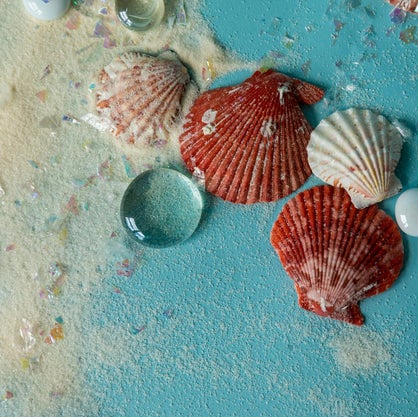
Morning, noon, and night, I was drinking
I didn’t realize how deeply it was affecting me until everything around me began to crumble. Relationships were strained and failing and all I wanted to do was drink it away. I felt so alone, tired, worn out, worthless, my life was an absolute freakin mess.
Looking back, I can see how my dependence on alcohol clouded my thoughts and kept me from recognizing the damage I was causing—not just to myself, but to those I loved the most,
I had to get to the root of this addiction to stay alive because drinking was literally killing me.
Starting the change wasn’t easy, but acknowledging these truths was the first step toward reclaiming my life.

Eminem
By Mika-photography [CC BY-SA 3.0 (https://creativecommons.org/licenses/by-sa/3.0)]
Legendary rap icon Eminem struggled with drug addiction throughout much of his early career.
He made these struggles public in the documentary How To Make Money Selling Drugs, and much of his music features lyrics about being addicted and abusing drugs, with the 2010 album Recovery boasting about his difficulties getting off of them.
Eminem’s addiction was to sleeping pills, which he thought was better than being addicted to something like heroin or crack. He would mix pills like Xanax and Valium, and this eventually lead to him overdosing on methadone in 2005, nearly killing him.
The doctors claimed he had the equivalent of four bags of heroin in his system at the time they examined him.
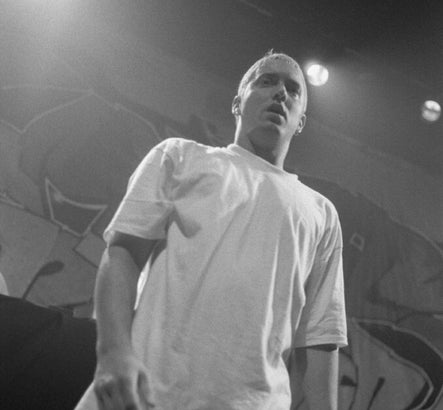
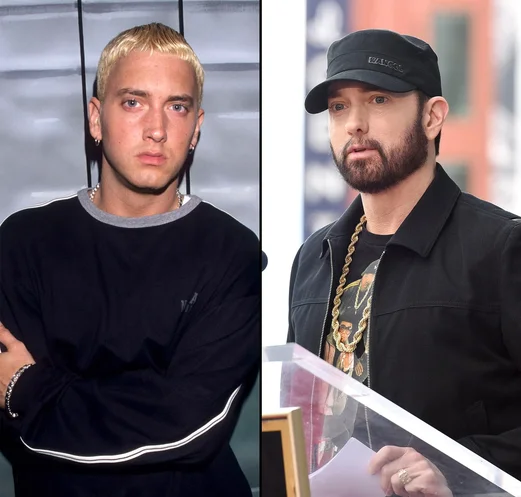
He told MTV, “They were gonna have to put me on dialysis. They didn’t think I was gonna make it. My bottom was gonna be death.”
The struggles weren’t over there, though. Eminem relapsed within a month of his hospital release. It was ultimately his kids that convinced him to get clean. He wanted to be there for them and knew he wouldn’t be if he kept using drugs.
Eminem went to rehab to deal with the problem. He was up for days at a time due to quitting drugs cold turkey and even had to relearn tasks like walking due to his near-death experience. After leaving rehab Eminem filled the hole once filled with drugs with the natural high given off by running and exercise.
Replacing a deadly addiction with a healthy one is something many addicts do to keep themselves drug-free, and Eminem stands as a testament to this. It’s not easy to do, but with the right amount of help those feelings that you think can only be filled by drugs really can be replaced with something like running.
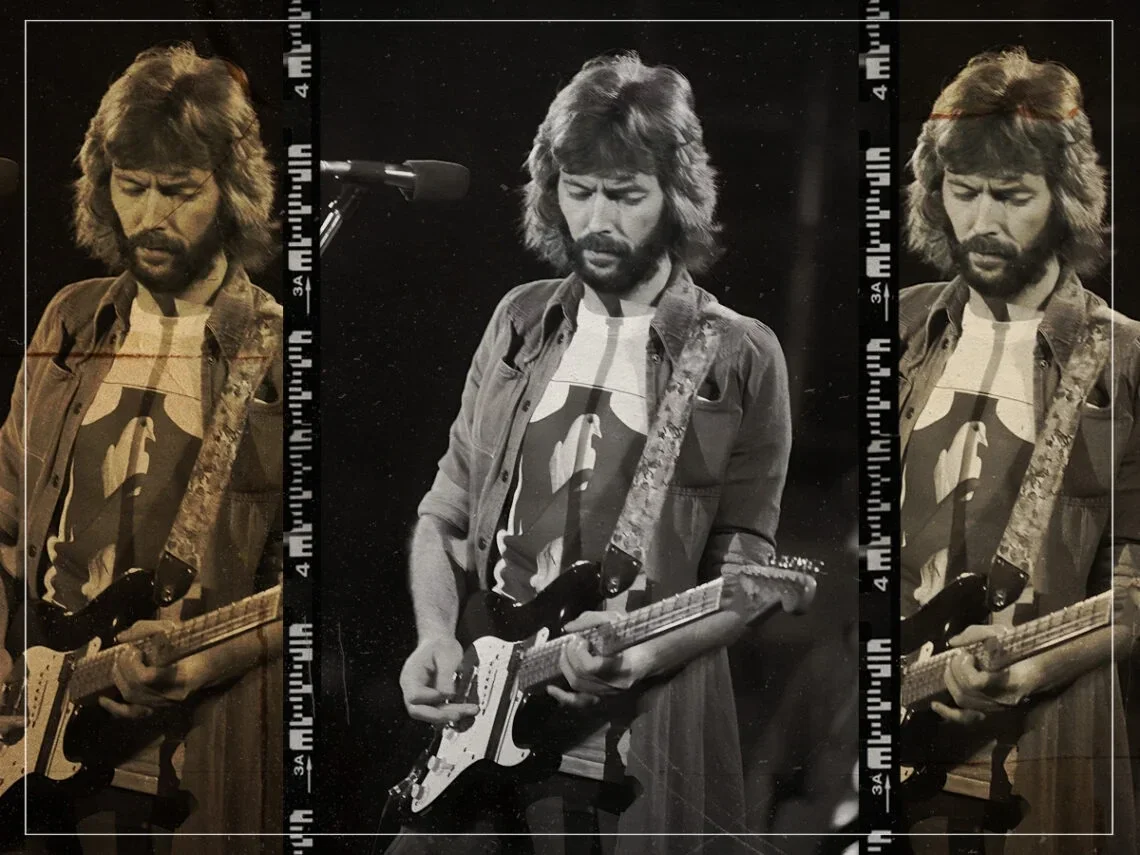
Eric Clapton
The day Eric Clapton nearly died: “And I don’t even remember”
Joe Taysom@josephtaysom Thu 26 September 2024 16:58, UK
Eric Clapton’s battle with addiction was one that nearly cost him his life. Drugs were like an albatross around the guitarist’s neck for a lengthy portion of his early career.
The former Cream man could have easily found his way onto the all-too-long list of rock ‘n’ roll drug casualties, but, thankfully, Clapton managed to escape before it was all too late—and he knows just how fortunate he truly was.
Due to his immense fame, drugs became a coping mechanism for Clapton, and with his financial resources, he could over-indulge as often as he liked.
This was far from ideal for a man who once said: “I like solitude. I like the anomalous life. I like a quiet life.”

For over three years, he had a severe addiction to heroin, and instead of immediately replacing that high with sobriety, the musician turned from heroin to alcohol in a bid to fill that void instead of opting for the clean cold turkey approach.
“The presence of music in my life has always been the salvation element of it. Not necessarily the playing, as much as just being conscious of it, listening to it, has kept me moving,”
Clapton wrote in his autobiography about how he eventually got himself clean.
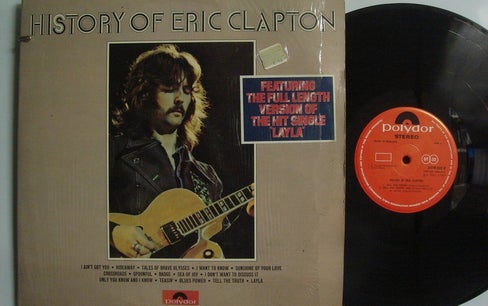
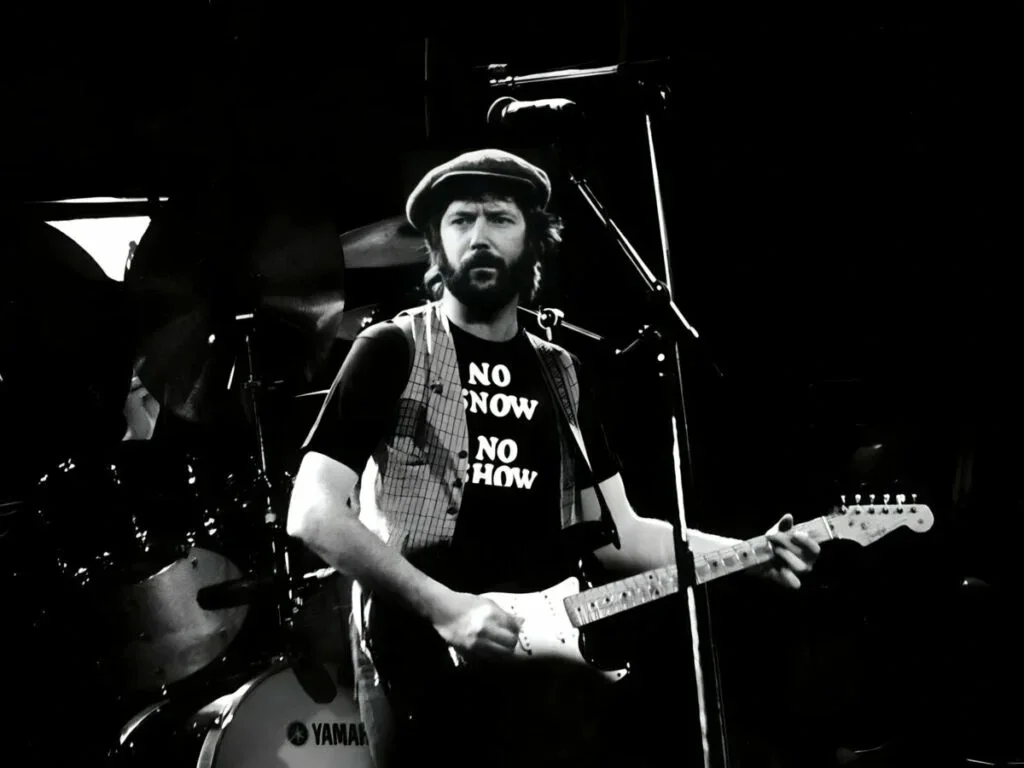
“I don’t know how I survived, the seventies especially. There was one point there where they were flying me to hospital in St Paul [Minnesota] and I was dying, apparently,” he admitted to Classic Rock in 2017 about that rescue mission.
“I had three ulcers and one of them was bleeding. I was drinking three bottles of brandy and taking handfuls of codeine and I was close to checking out.” This potent mixture had his insides churning.
This flight was a last chance saloon, and with regret, Clapton adds, “And I don’t even remember.”
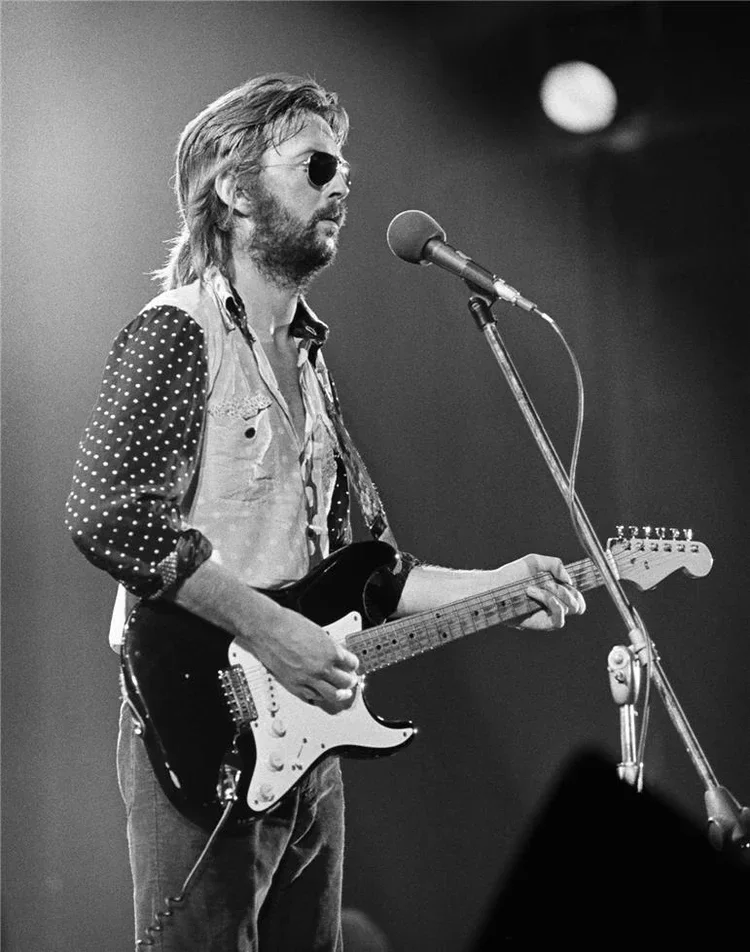

This brush with death revived his zeal for life in a sober vein. “It’s amazing that I’m still here, really,” he added.
“In the lowest moments of my life, the only reason I didn’t commit suicide was that I knew I wouldn’t be able to drink any more if I was dead,” he frankly wrote in his autobiography.
“It was the only thing I thought was worth living for, and the idea that people were about to try and remove me from alcohol was so terrible that I drank and drank and drank, and they had to practically carry me into the clinic”.
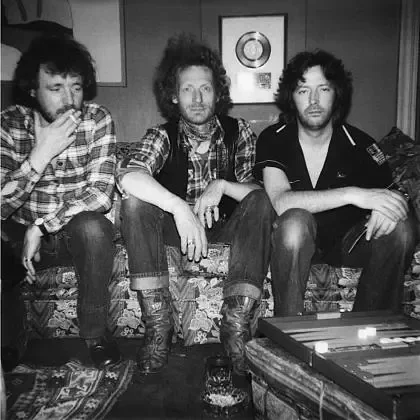
During the peak of his heroin addiction, Clapton was spending the equivalent of over £8,000 a week in today’s money on securing the drug,
which almost left him financially devastated.
“I was close to running out [of money]. I was running on empty, financially.
But I think management was very shrewd – it was Robert Stigwood who was keeping an eye on it,” Clapton said in the same interview with Classic Rock.
“I don’t know how close I go and the people around me too. I was taking people with me.
That’s always the worst part about an addict or an alcoholic: people are dragged along, and sometimes they go down before the principal character,” Clapton added with more than a pinch of honesty.
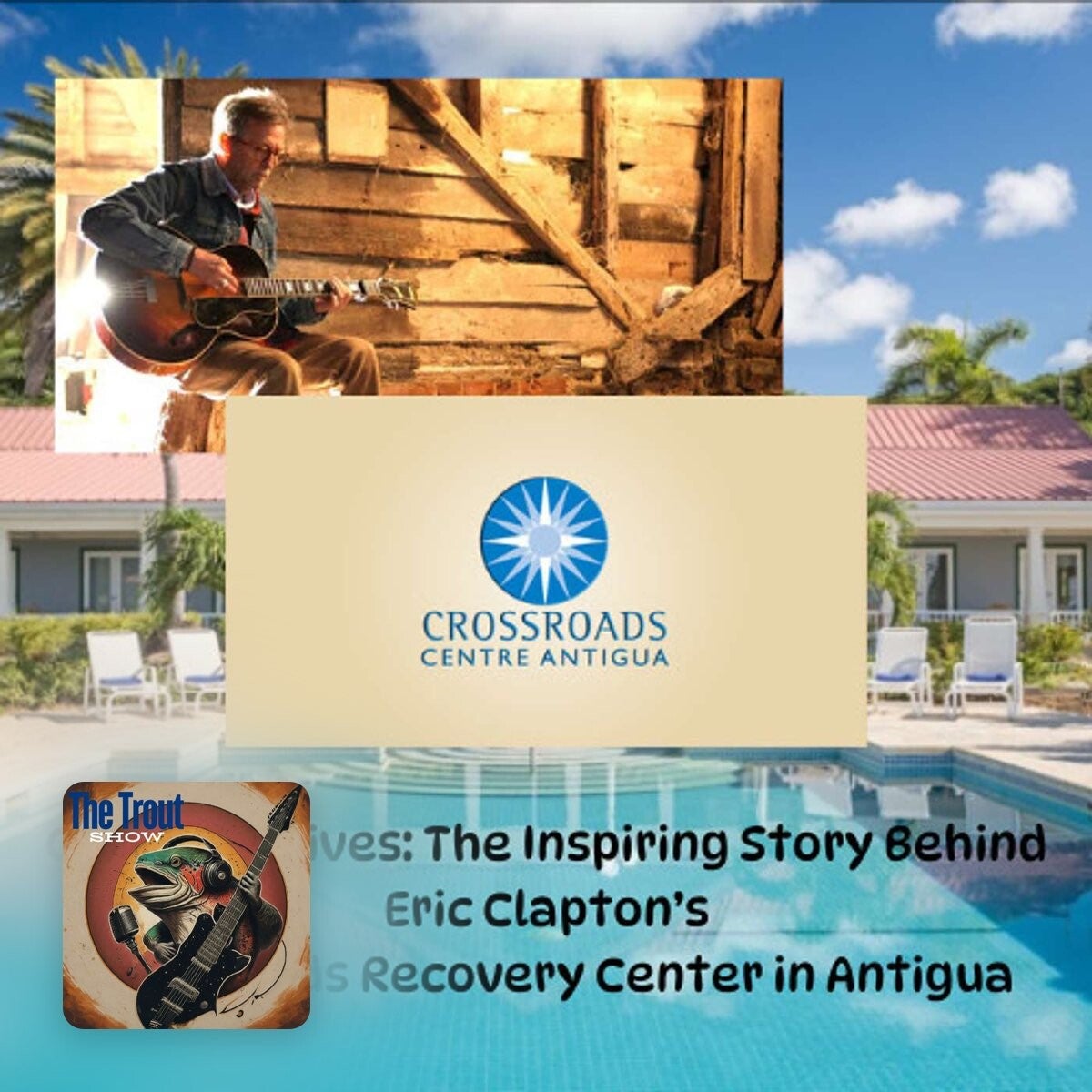
Now, though, he has been sober for a number of decades and has never been tempted to break his sobriety. However, he did, ironically, admit that he doesn’t regret this problematic period of his life, which helped make him the man he is today.
“I don’t know that I can honestly regret any of it safely, because it’s brought me to where I am. My life would not be the same, and I would not have what I have today, were [it not] for the fact that I went through all this stuff,” Clapton said in the documentary A Life in Twelve Bars. “But I suppose if I do have any regrets, it is that musically I lost something there,” he added remorsefully, reflecting on a career he saw as going awry.
Tim Mcgraw
Written by:Nikki Seay
Updated Nov 15, 2022
Tim McGraw has spoken openly about his past struggles with drug and alcohol addiction, particularly during the early years of his career.
He has credited his wife, Faith Hill, with helping him achieve sobriety and a healthier lifestyle.
McGraw has described how his drinking negatively impacted his relationships and career, and how he ultimately chose to get sober for the sake of his family and personal well-being.
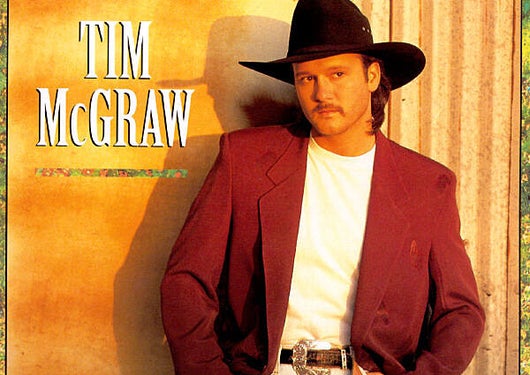
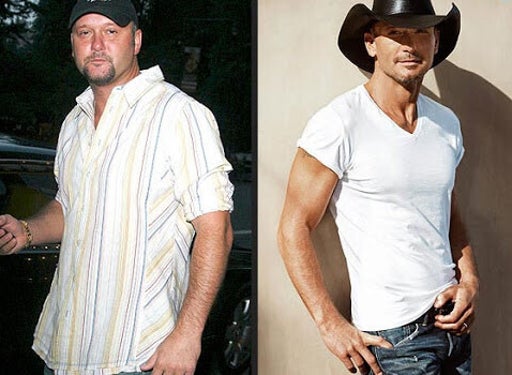
“I partied too much. And did other things too much. Chemically. No needles or that kind of stuff, but … use your imagination,” the country music superstar told Men’s Health.
McGraw admits he drank on a regular basis and performed most of his shows while drunk on whiskey. After that first drink, control and moderation went out the window.
“I wouldn’t just have a drink. If I was going to drink, I’d have some drinks,” McGraw told People magazine back in 2013. “People were worried about me. It was to the point where I felt it was negatively affecting my relationships and getting in the way of things I wanted to accomplish in life.”

McGraw’s wife, Faith Hill, is a country music icon in her own right and mother to the couple’s three daughters. Though she initially tolerated her husband’s alcoholism, Hill finally had enough and presented him with an ultimatum: get clean or lose your family.
“When your wife tells you it’s gone too far, that’s a big wake-up call,” he tells Men’s Health. “That and realizing you’re gonna lose everything you have. Not monetarily, not career-wise, but family-wise.”
“Faith saved my life in a lot of ways–from myself more than anything. I can go down a dark road sometimes, when you’re not feeling good about yourself, and she pulls me out.”
Sober since 2008, McGraw is now focused on his health. The proof of his dedication to fitness can be seen in this month’s Men’s Health photo spread. At the age of 47, McGraw has washboard abs that won’t quit and a physique most men could only dream of.
Pink
Pink began using drugs at a young age, having come from a punk background informed by a tumultuous home life.
“I was a punk, and I had a mouth. I had a chip on my shoulder,” the singer explained of why parents were often reluctant to allow her around other children her age.
“Basically, I grew up in a house where every day, my parents were screaming at each other, throwing things, hated each other. And then I got into drugs. I was selling drugs.
And then I was kicked out of the house. I dropped out of high school. I was off the rails.”
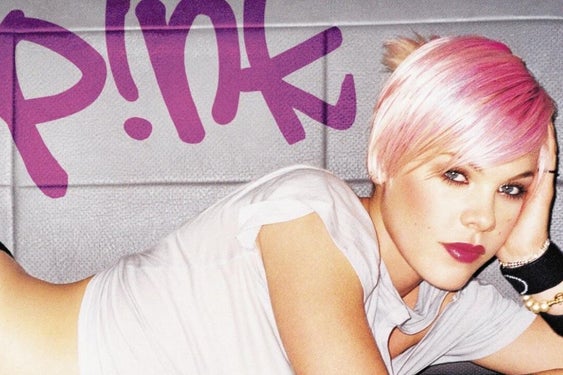
“Thanksgiving of 1995, I was at a rave, and I overdosed. I was on, oh boy — ecstasy, angel dust, crystal, all kinds of things,” she explained.
“
Then I was out. Done. Too much.” When Pink first detailed the overdose in 2012, in an interview with Shape, she explained that “it wasn’t to the point
of going to the hospital,
but I remember getting up off the floor in the morning — and that was the last time I ever touched a drug again.”

In the days following the overdose, she recalled in 2012, a DJ offered her a performance slot during a hip-hop night.
“His only caveat was that I couldn’t do drugs, so I didn’t,” she said at the time. “That’s the thing with me – once I make up my mind, I’m done.”
Shortly after, Pink signed a deal with LaFace Records as a member of the short-lived R&B girl group Choice before launching her solo career in 2000.


Anything Is Possible
"Anything is possible if you want more for yourself"
It’s a powerful reminder that your dreams, no matter how big or small, are within reach if you’re willing to take that first step.
These stories of resilience, determination, and belief show us that there are no limits when you set your mind to achieving something meaningful.
Whether it’s pursuing a new career, improving your relationships, or seeking personal growth, the possibilities are endless when you commit to creating the life you deserve.
Remember, greatness starts with the belief that you are capable of more—and taking action to make it happen.
Demi Lovato
Demi Lovato is getting candid about the struggles she faced after her near-fatal drug overdose in 2018.
The "Skyscraper" singer reflected being "California sober," a term commonly used to describe someone who uses cannabis but avoids other drugs, years after the harrowing incident.
Though Lovato said in her 2021 docuseries Demi Lovato: Dancing With the Devil—which addressed her past heroin addiction and overdose—that she was "smoking weed and drinking in moderation" as a part of her recovery journey,
the 31-year-old now sees how it wasn't exactly the best laid plan.


"I was hiding in my room, not wanting to go outside because I didn't want anyone to see me," she continued.
"I wasn't experiencing life. I ultimately was in this walking coma, where I wasn't feeling any pain but I also wasn't feeling any joy."
Lovato cut all substances from her life in late 2021, going into treatment and sharing on her Instagram Stories that "sober sober is the only way."
Looking back, Lovato acknowledged how being "California sober" was a slippery slope back into her addiction struggles. "Smoking and drinking led me back to other substances," she told host Howard Stern of her decision to go fully sober. "Abstinence has been the key for me."
In late 2021, she announced a shift to complete sobriety, stating that
"sober sober is the only way to be" for her. This decision marked a turning point, as she acknowledged the need for total abstinence in her battle with addiction.
Elton John
Sir Elton John is one of the music industries most renowned and influential artists of all time, starting his music career in 1969 at the age of 22 years old.
In the decades since then, he has sold more than 300 million record globally, won 5 Grammy Awards and has had over 50 hits in the Top 40 across both the UK and the USA.
During his early career, he found fame quickly and sold out shows across the world but became heavily reliant upon alcohol and addictive substances that led to a severe addiction that he claims could have ended his life.

Behind the Scenes of Stardom
Sadly, behind the fame and fortune, Elton John’s life was complex and a complete whirlwind. Finding himself in a constant hype, he turned to alcohol and drugs to help him cope with the pressures.
Very quickly he became stuck in a vicious cycle of substance abuse, using to excess and even to the point of endangering his life, without finding help for many years.
During this time of addiction, Sir Elton found himself not only losing his grip on reality, but he lost many friends and loved ones along the way.
The Road to Recovery
It was decades before Elton John took the steps towards sobriety, having found himself stuck in a cycle of substance abuse that he didn’t know how to break when at his lowest ebb.
Following 20 years of substance and alcohol abuse, Sir Elton John quit drugs and alcohol for good in 1990. His recovery and desire to ask for help stemmed from his experience with Ryan White.
He received 6 weeks of treatment from the Lutheran General Hospital, Chicago, for his drugs, alcohol and food addictions. Whilst he was receiving treatment, he joined Alcoholics Anonymous, a group that he is still a member of today.
During his time in recovery, he also penned a letter to cocaine, acknowledging for himself that he would never again touch the substance.
Elton John has stayed sober ever since this admission.
This change in his life has led to his outward approach towards addiction in the following years. He has spoken openly about his addiction and his recovery and how, without the help during that time, he would have been dead many years ago.
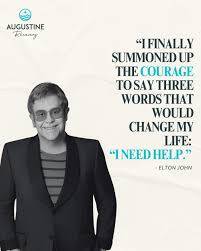
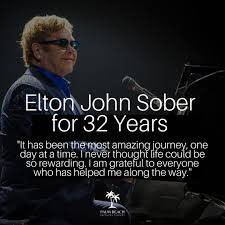
Joe Walsh
Joe Walsh, the guitarist for the Eagles, has publicly shared his journey of addiction and recovery, highlighting his struggles with alcohol and drugs and his eventual path to sobriety.
Walsh initially experimented with alcohol and drugs, finding that they initially helped him cope with stage fright and anxiety.
“That planted the seed. I thought alcohol was a winner.”
In college he came across cocaine and other substances and soon began writing well received albums.
“And later on when I did an album that didn’t do so good I thought, well obviously I’m not drinking nearly as much as I need to.”
Walsh describes how, over time, his substance use spiraled out of control, impacting his work, relationships, and overall well-being. “My higher power became vodka and cocaine,” Walsh said, until he hit rock bottom.
“I burned all the bridges. Nobody wanted to work with me. I was angry. … I turned into this godless, hateful thing.
“We did try some nights to play bombed. It was useless,” he said. “The next morning you’d go, oh my god are you crazy.”
That’s when he sought the help of Alcoholics Anonymous. There, “I met some old timers,” he said, his voice cracking at times.
“Gradually they showed me that I’m not a unique individual, one-of-a-kind person. I’m just an alcoholic,
and for the first time in my life I felt like I was somewhere where I belonged.”

Recovery
Walsh, sober for 25 years, told his own story of alcohol and drug dependence, as did his wife when she introduced him to the crowd, many of whom have been touched in some way by addiction.
Walsh said he chose to drop the traditional anonymity of AA members to help others, and because “most of the world knew I was a mess anyway.”
Walsh and his wife, who is the sister of Bach Starkey,
helped launch Facing Addiction on the National Mall in Washington, D.C., in 2015. The National Council on Alcoholism and Drug Dependence was founded in 1944.







